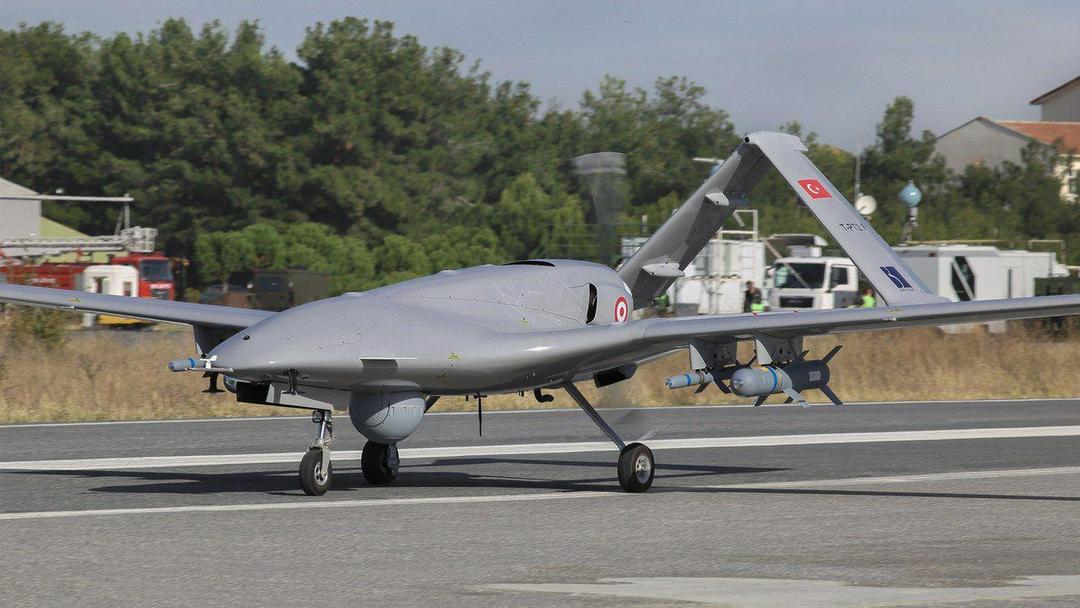I. The Turkish defense industry has made an impressive leap in unmanned aerial vehicle (UAV) technology in the past two decades, but further efforts are required to fully localize the drone programs. Turkish UAV market leaders, Baykar and Turkish Aerospace Industries (TUSAS), have produced a wide range of products with a focus on unmanned combat aerial vehicles (UCAVs) such as the Bayraktar TB-2 and Anka-S. More ambitious UCAV programs are in the works (e.g. Akıncı, Aksungur, Bayraktar 3) and will see large scale production in the near future.
II. Turkish drones have seen extensive combat and validated their capabilities across multiple fronts in the Middle East, North Africa, Eastern Europe and the Caucasus.
Turkish UAVs have appeared in at least five armed conflicts and helped change the tide of war in at least two - Nagorno-Karabakh and Libya. UCAVs like the Bayraktar TB2 have featured primarily in close air support roles, neutralizing armed columns and infantry fighting positions, but have also engaged in destruction/suppression of air defense (D/SEAD) missions and kinetic strikes on high-value targets.
III. Successful combat use (and marketing efforts), affordability, and user accessibility have created an excess demand for some Turkish drones.
Initially developed to support the Turkish Armed Forces and score contracts in the Third World market, Turkish drones are now on the shopping list of wealthy buyers and NATO members. Market demand for Turkish drones will likely increase, but so will the industry’s product offering.
Free

Friday, November 12, 2021
Rise of Turkish Drones: Loitering Above Expectationsin-depth
Subscribe to Newsletter
Join 5,000+ Experts in Defense, Energy, and Government Sectors.


